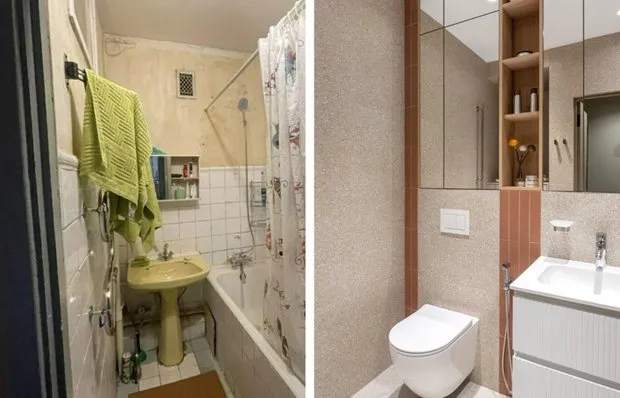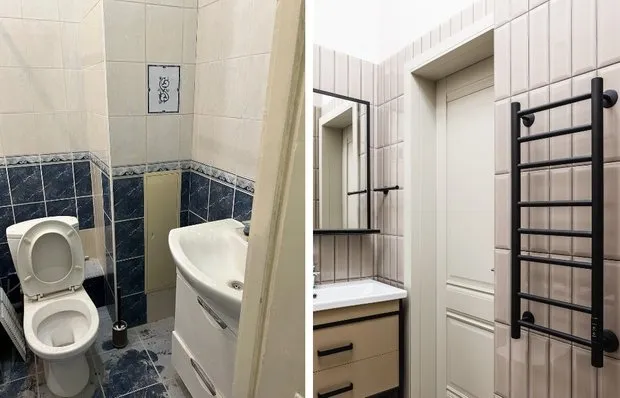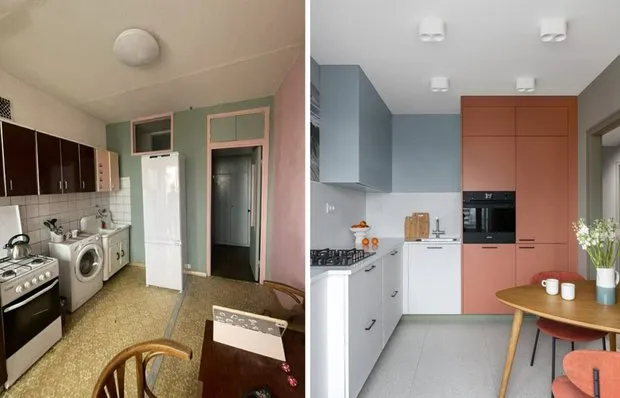Where to Save and When to Pay More in 2025: Analyzing Every Expense Category
How to invest in solutions that help save in the long term
Main points from the article:
New technologies allow saving up to 40% on utility bills;
Some 'expensive' solutions pay off due to rising service prices;
Cost savings in certain product categories are riskier due to low-quality substitutes;
It's important to consider long-term consequences of cost-cutting.
Where You Can Save in 2025
Utilities: New technologies can significantly reduce costs:
Smart meters with automatic tariff selection;
Heat recovery systems reduce heating expenses;
Leak detectors prevent water waste;
Solar panels for water heating pay off within a year.
Food: Changing consumption patterns allow saving without compromising quality:
Seasonal products have become cheaper due to local production growth;
New services for group purchases directly from farmers have emerged;
Apps tracking discounts better predict sales;
Seasonal food freezing has become more advanced.
Appliances:
Eco-friendly models reduce electricity consumption;
Modular design allows replacing only damaged parts;
Smart diagnostics warn of maintenance needs;
Manufacturers extended warranty periods.
Where It's Dangerous to Cut Costs in 2025
Home Safety:
CCTV and access control systems;
Gas and water leak detectors;
Quality materials for electrical wiring;
Fire suppression systems.
Health:
Preventive check-ups;
Basic medications;
Quality food products;
Water and air purification.
Children's Goods:
Safety furniture and toys;
Quality clothing and footwear;
Specialized nutrition;
Developmental programs.

How Saving Approaches Have Changed
Economy in 2025 has become more tech-driven:
Smart expense tracking systems;
Automatic consumption optimization;
Predictive price analytics;
Personalized savings recommendations.
New Ways to Save
Services helping reduce costs have emerged:
Sharing economy platforms;
Service exchange systems;
Loyalty programs with predictive discounts;
Smart assistants for budget planning.
When Overpaying Makes Sense
Some 'expensive' choices in 2025 are now more beneficial:
Smart home systems with resource-saving features;
Devices with remote diagnostics capabilities;
Multifunctional gadgets instead of multiple specialized ones;
High-quality materials with long lifespans.
How to Start Saving Smartly
The modern approach to saving is based on data analysis:
Using apps for expense tracking;
Analyzing consumption patterns;
Predicting future expenses;
Automating routine payments.
Economy in 2025 has become smarter and more tech-driven. It's important not just to cut costs, but invest in solutions that help save long-term. However, trying to save in some areas might lead to higher expenses later on.
Cover: freepik.com
Need a renovation specialist?
Find verified professionals for any repair or construction job. Post your request and get offers from local experts.
You may also like

I Set One Simple Rule and Now I Get Twice as Much Done: How a Japanese Method Changed My Day

Before and After: A Cool Renovation of a Terrifying Bathroom in a Secondary Apartment

Compact Bathroom Before and After: 5 Examples of How Everything Fits in 3 m²

How to Make Interior Visually More Expensive: 6 Simple Tips from Designers
More articles:
 I Set One Simple Rule and Now I Get Twice as Much Done: How a Japanese Method Changed My Day
I Set One Simple Rule and Now I Get Twice as Much Done: How a Japanese Method Changed My Day Before and After: A Cool Renovation of a Terrifying Bathroom in a Secondary Apartment
Before and After: A Cool Renovation of a Terrifying Bathroom in a Secondary Apartment Compact Bathroom Before and After: 5 Examples of How Everything Fits in 3 m²
Compact Bathroom Before and After: 5 Examples of How Everything Fits in 3 m² How to Make Interior Visually More Expensive: 6 Simple Tips from Designers
How to Make Interior Visually More Expensive: 6 Simple Tips from Designers How We Transformed a Small Kitchen in a Stalin-era Apartment 36 m² (Before and After)
How We Transformed a Small Kitchen in a Stalin-era Apartment 36 m² (Before and After) Bathroom in a Small Studio Apartment: 5 Inspirational Ideas
Bathroom in a Small Studio Apartment: 5 Inspirational Ideas Visiting El Herwin: Classic with Modern Accents
Visiting El Herwin: Classic with Modern Accents Before and After: Second Life of a 'Tired' 8 m² Kitchen
Before and After: Second Life of a 'Tired' 8 m² Kitchen